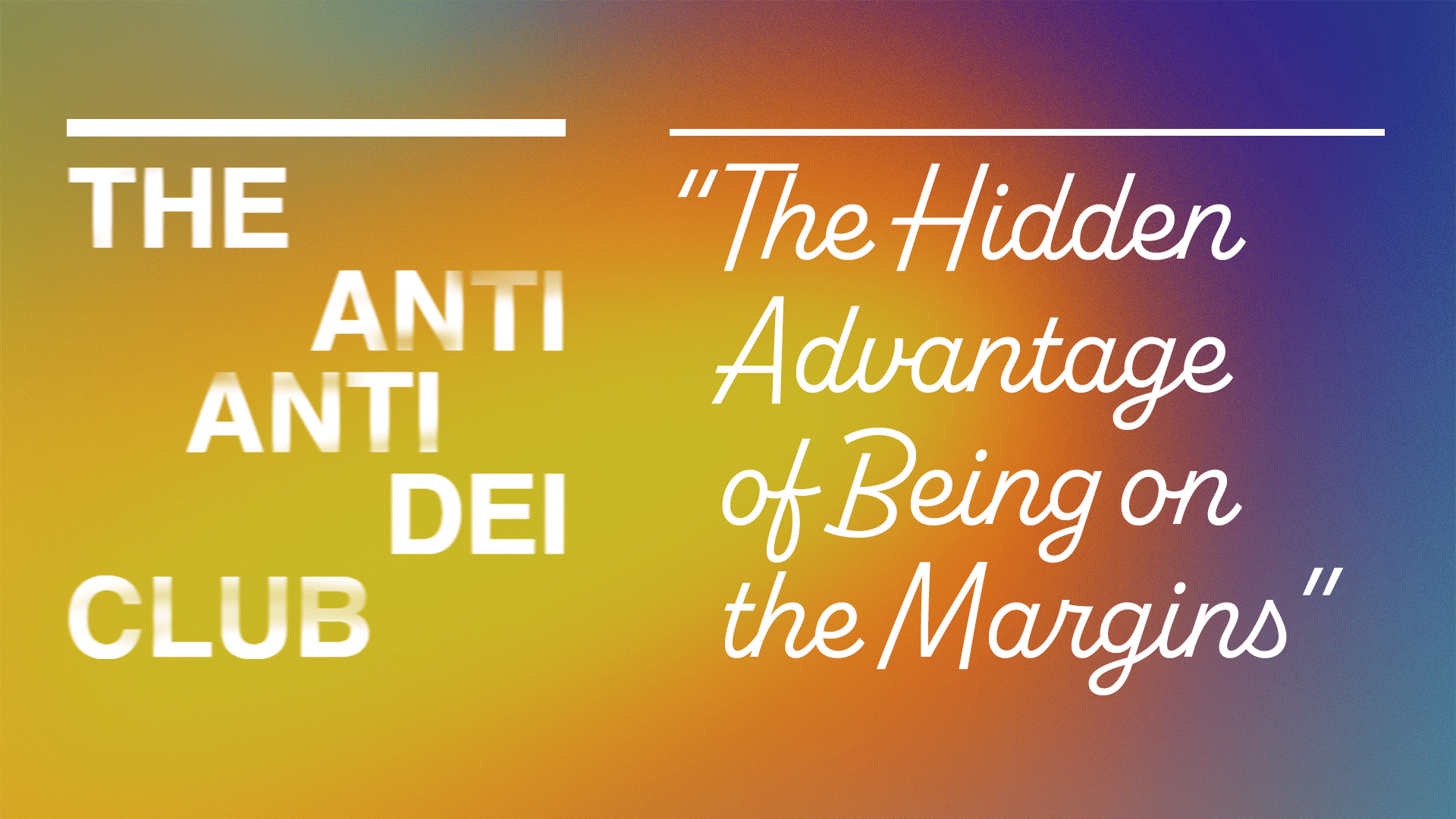
Growing up as a Ghanaian American in a deeply religious (“LDS” or “Mormon”) household meant navigating a mosaic of cultural, spiritual, and social worlds. I often felt out of place. Sometimes in predominantly white circles. Other times even within my own Ghanaian and Black American communities. That early fragmentation felt like a weakness. But over time, it revealed itself as a powerful asset.
It opened my mind to complexity. It strengthened my empathy. And it sharpened my ability to understand the deeper meaning behind cultural cues.
Living Between Worlds
Carrying multiple identities (from Black to African heritage to first-generation to religious) means learning to navigate contradictions every day. It means listening deeply, seeing nuance, and asking better questions. It also means code switching constantly, often without thinking, just to feel understood or accepted depending on the room.
I don’t just study culture. I live at its intersections which give me a distinct advantage when helping brands decide how to show up. I understand what it feels like to be overlooked. I know how authenticity builds trust. And I can sense where messaging connects and where it misses.
Tension That Taught Me to Listen
My upbringing exposed me to a range of beliefs and values that often conflicted. That tension sparked my curiosity. It taught me how to hold multiple perspectives. It helped me decode not just what people say, but what they actually mean.
These skills sit at the core of strong brand strategy. Especially now, when brands need to connect with audiences that are not just diverse but deeply layered.
DEI Overall Helps Industries Think Better
Diversity, equity, and inclusion are often framed in moral terms. But they also make business sense. DEI creates the conditions for richer conversations across every industry from tech to entertainment to healthcare.
- Innovation improves
- Companies in the top quartile for ethnic diversity are 36% more profitable, and gender-diverse firms are 48% more likely to outperform. Diverse teams make better decisions 87% of the time by reducing blind spots.
- Stronger outcomes
- Gender-diverse boards are 27% more likely to exceed performance benchmarks, with ethnically diverse boards close behind at 13%.
- Cultural fluency as a competitive edge
- Inclusive cultures see 20% higher employee engagement, often translating into stronger business results.
DEI is not just a checkbox. It is a way to approach strategy, storytelling, and leadership that reflects the real world. It opens space for truth. It deepens trust. And it helps companies operate with greater clarity and intention.
Beyond Boxed Personas
Marketing often reduces people into demographics to make strategy feel more manageable. But real people live at the intersections of culture, class, belief, and identity.
Being a minority within a minority has taught me to resist simplification. I look for the signal in the noise. I frame strategies around nuance, not assumptions. I help brands speak to people as they are and not as a generalized profile.
Intersectionality is a Strategic Advantage
What once felt like not belonging has become a guiding force. It shapes how I collaborate, how I create, and how I lead with intention.
Great marketing is not just about clever lines or bold visuals. It is about understanding people and building systems that make them feel seen.
I bring this lens into every room at OBERLAND. Not to speak for any one group, but to push the work forward in a way that is culturally aware, emotionally intelligent, and strategically sound.Reach out to us at hello@thisisoberland.com for a 30 minute call where we discuss how we help brands MAKE GOOD MONEY.
